I thought that for my first contribution to the magazine, I should get a little personal to show who I am, or at least show a part of my identity. I define part of my identity as growing up as an only child in a sole parent household. I call it “sole parent” because I have never had anyone else besides my mother who would help me with anything, from medical issues and my education, to emotional and physical changes as I got older and met more new people. However, getting older and thus closer to the concept of adulthood, I have been forced to take on a plethora of responsibilities, without instructions on how all of these actions related to “adulting.” I thought that sharing a piece of my identity would help me feel closer to anyone who might be reading this, regardless of geography and time.
In every coming-of-age movie to have ever existed, whether it stars Anthony Michael Hall or Zac Efron, independence is the main goal for teenagers. Yet, the desire to be independent mutates itself when you are the only child of a single mother who works overtime due to a demanding job. Becoming your own parent is certainly one way of gaining a form of independence, though it comes with its struggles.
The responsibilities of one part alone can be daunting. Oscar Wilde said it best: “Education is an admirable thing, but it is well to remember from time to time that nothing that is worth knowing can be taught.”
I learned how to cook for myself around the same time I started puberty — in other words, before I even hit double digits. After conversing with my friends, most of them are still unaware of how to cook anything, and me talking about seasonings and spices for various styles of cuisine sounds to them like I am speaking in different languages. Laundry, cleaning, doing the dishes? Forget about it, not a chance. I don’t know if this is a commonality amongst teenagers, or if my situation is extremely bizarre. As a warning, please note that this article will be more of a rant, or a random arrangement of words as an attempt of relating to how other teenagers might be feeling, or to simply explain the situation.
My main issue with the whole concept of “being a good daughter” is the fact that children are expected to put in the effort. The parents are allowed to read their parenting books and because of this, the parent is excused from any wrongdoing unless their actions are severe (i.e. physical abuse, preventing their child from having fun or being happy, etc). The child, however, is not allowed to disagree with their parents — no matter how many memes are made about parents yelling, failing to properly listen, not paying attention, and essentially all of the actions we as teenagers are also told to look out for as red flags in romantic and/or platonic relationships. So how come parents are allowed to do this when in nearly every other instance it is seen as toxic?
I have talked to my friends about this topic, as I was curious about their households. From my friends who live in ethnic households, or quite frankly my friends of color, I heard similar sentiments to various degrees; from other black girls, the phrases were nearly verbatim. However, from my white friends, there was less than a handful that shared my beliefs; otherwise, most of them said their parents rarely bothered them and left them to their own devices most of the time. To be fair, I live in an extremely privileged area in what I would refer to as the epitome of suburbia, where everyone from the teachers and the principal to the parents and people from other schools simply know that the kids at my school regularly do drugs and alcohol, skip school, cheat on tests and exams — everything we as teenagers have been raised not to do. Yet, somehow, the children of color who know that we will meet a real-life Madea if they act out in similar fashion as our classmates… it is us who tend to hear the following: “You’re talking back,” “…being rude and disrespectful,” or “I am the parent, you are the child.”
Now, I would like to clarify that in no way whatsoever do I believe that parents of color have more faults than white parents do, and in no way do I think that yelling at one’s child is only allowed in racially diverse communities. But this is a trend that I have noticed, and I think that it should be pointed out. Because there are many things in school that we should be taught, from cooking and cleaning to taxes, but also parenting and how relationships of every variety can impact the life of an increasingly independent teenager.
For teenagers, the common viewpoint seems to be that everyone in the world is against us growing up, yet simultaneously forcing us to grow up and gain more responsibility. With school, college applications and the strenuous process of applying for financial aid, added onto the stress of maintaining a social life and trying to ignore the fact that fellow classmates are also paying attention to you. “Teenagehood”, or whatever the term may be, is difficult and becomes increasingly so as the world around us continues to develop.
I think teenagers need to be allowed to decide on their existence, and to get help on balancing responsibilities before adding on more tasks and challenges. I think that education is necessary, but both “street smarts” and “book smarts” are needed in order to be truly successful and educated. I still do not know what “freedom” is supposed to mean, besides the dictionary definition.
Freedom: The power or right to act, speak, or think as one wants without hindrance or restraint; self-determination… the quality of being independent of fate or necessity.
__
Featured Artwork: ‘Growing Up’ by Jay Fleck


Leave a Reply